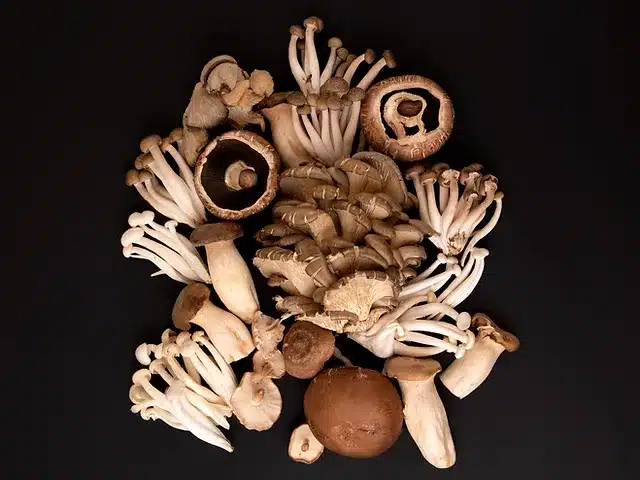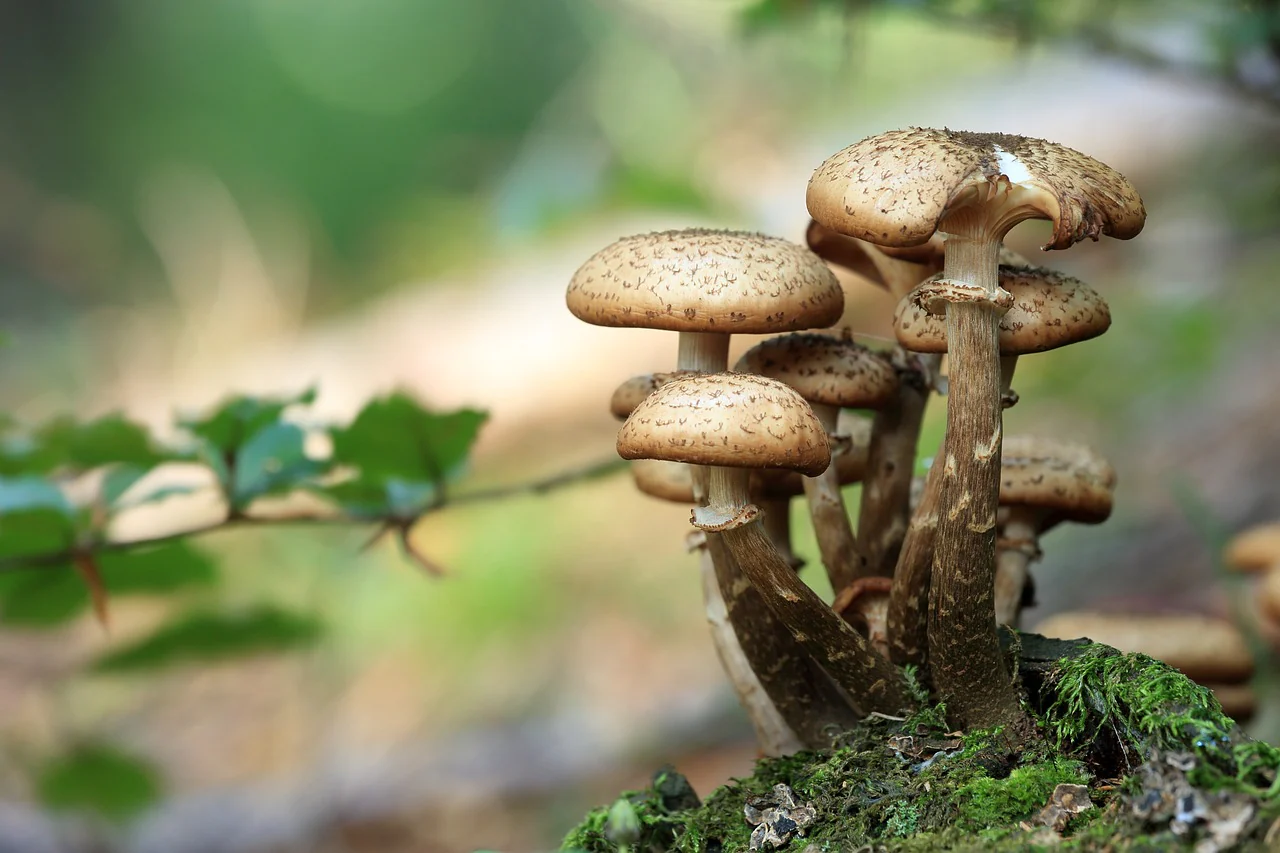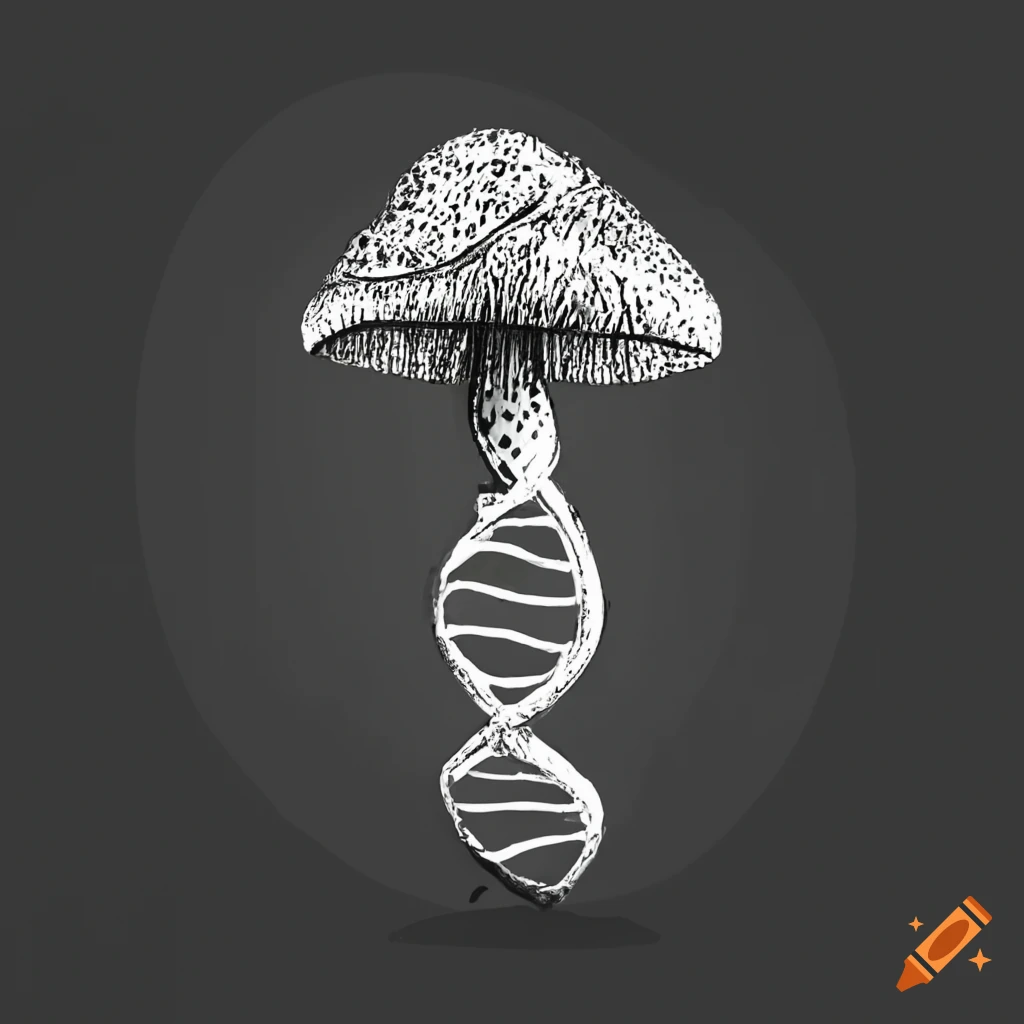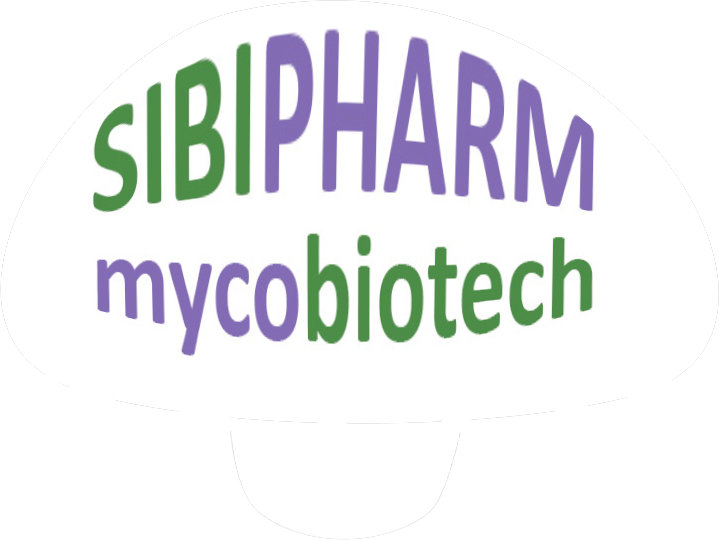Functional Mushrooms: A Powerful Biohacking Tool for Health and Well-Being
Functional mushrooms play a key role in the ecosystem and have a significant impact on human health. Not only do they help maintain the balance of nature, but they also serve as a source of powerful bioactive compounds that can significantly improve physical and mental health. In this article, we will look at several popular functional mushrooms such as Chaga, Lion's Mane, Reishi, Cordyceps, Coriolus, Shiitake, and Amanita muscaria and how they can become an important part of your biohacking.

Mushrooms and the Ecosystem
Mushrooms are the foundation of the ecosystem, playing a key role in decomposing organic matter and returning nutrients to the soil. Without them, the ecosystem could not function properly. They break down wood, leaves, and other organic matter, thereby enriching the soil, which promotes plant growth. Mushrooms also form mycorrhizal relationships with tree roots, which allows plants to better absorb water and nutrients. In addition, mushrooms are an important food source for many animal species.

The closeness of humans and mushrooms at the DNA level
At the DNA level, humans and mushrooms have a lot in common. This may surprise many, but mushrooms are closer to animals, including humans, than to plants. Scientists have found that mushrooms have about 70% of the same DNA as humans. This makes them especially interesting for medicine and biohacking, since many of the biologically active substances they contain can affect the human body at the cellular level.

Chinese medicine and mushrooms
Mushrooms have long been used in Chinese medicine, where they are valued for their medicinal properties. For centuries, Chinese healers have used mushrooms to boost immunity, improve heart, kidney, and liver function, fight fatigue, and many other ailments. Mushrooms such as reishi and cordyceps have become an integral part of traditional Chinese healing practices, and today their popularity in Western medicine and biohacking is only growing.

Biohacking and Functional Mushrooms
Biohacking is the practice of using scientific knowledge to improve the health and performance of the body. Eating functional mushrooms is a perfect example of biohacking. By incorporating them into your daily routine, you can support your immune system, improve cognitive function, increase energy levels, and fight inflammation. Mushrooms act as adaptogens, helping the body adapt to stress and maintain balance in the face of adverse environmental factors.
Chaga – A Powerful Antioxidant
Chaga is one of the most powerful antioxidants in the world. This mushroom, which grows on birch trees, contains polysaccharides and beta-glucans that support the immune system and protect cells from oxidative stress. Chaga may also help lower cholesterol and improve digestion. Including chaga in your diet will help maintain overall health and prevent chronic diseases.
Lion’s Mane – for the Brain and Nervous System
Lion’s Mane (Hericium erinaceus) is one of the most well-known mushrooms for supporting cognitive function and nervous system health. It stimulates the growth of new nerve cells (neurogenesis), making it useful for improving memory, attention, and preventing neurodegenerative diseases like Alzheimer’s. For biohackers looking to improve their mental abilities, lion’s mane is a key element in a cognitive enhancement strategy.
Reishi – The Mushroom of Immortality
Reishi, known as the “mushroom of immortality”, has powerful adaptogenic properties. It helps the body fight stress, improves sleep, promotes nervous system recovery and strengthens the immune system. In traditional Chinese medicine, Reishi is valued for its ability to balance “chi” energy and help maintain harmony in the body.
Cordyceps – for energy and endurance
Cordyceps is known as a powerful energy stimulant that helps increase physical endurance and improve lung and heart function. It improves oxygen uptake in cells, making it ideal for athletes and those looking to improve their physical performance. Cordyceps also supports the immune system and helps fight fatigue.
Coriolus – immune support
Coriolus, also known as “turkey tail”, is used to support a healthy immune system. It contains polysaccharide K (PSK), which stimulates immune cell activity and helps fight infections and cancer cells. This mushroom is especially useful for those who want to strengthen their immune system and increase their body’s resistance to disease.
Shiitake Mushrooms for Heart Health and Longevity
Shiitake mushrooms are not only a delicious culinary ingredient, but also a powerful tool for maintaining heart health. They help lower cholesterol, improve circulation, and support vascular health. This mushroom also has antiviral and antibacterial properties, making it an important element for strengthening the immune system.
Amanita Muscaria – Shamanic Practice and Biohacking
Amanita muscaria, also known as Fly Agaric, has been used for centuries in shamanic practices to achieve altered states of consciousness and spiritual growth. Although this mushroom contains psychoactive substances that can cause hallucinations, it can also be used with caution for personal development and self-knowledge. Some biohackers are exploring the possibilities of using Amanita muscaria to improve their mental and spiritual state, striving to become the best version of themselves.
Mushrooms Are an Important Part of Biohacking
Functional mushrooms offer a wide range of health and wellness benefits. Incorporating them into your daily routine can help support your immune system, cognitive function, physical stamina, and emotional balance. These amazing organisms can be a key part of your biohacking strategy, helping you reach your peak health and potential.
Author: Dr. Petr Mělník, doctor of integral medicine
Disclaimer: The content of this website is for informational and educational purposes only and is not a substitute for professional medical advice or consultation with a healthcare professional. If you are seeking medical advice or treatment, we encourage you to consult with a healthcare professional or specialist.





